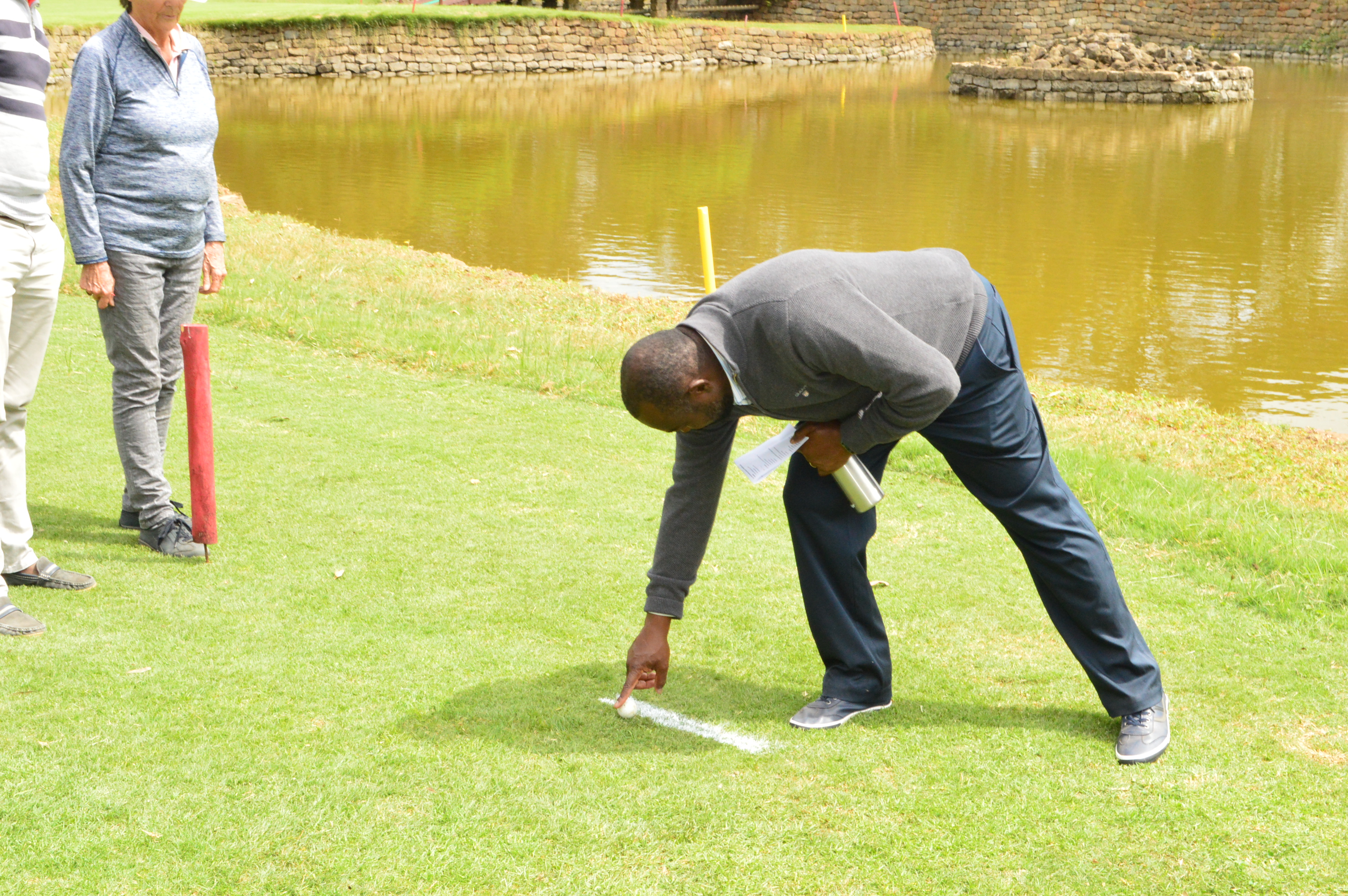
.

Why Golf?
Golf is a sport that can be played irrespective of age, gender, physical condition or limitations. Golf is a fully inclusive mainstream sport which is typically played in the open air and which can also be practised in traditional and non-traditional golfing environments. The primary task of golf is to strike a ball from one location and reach a target in the least number of strokes. A simple way to think about this is that the player takes a club to hit a ball to the target, and the activity can be done alone or with others.
Benefits of Golf
Golf has been associated with health-enhancing benefits for the general population. These include: increased longevity, improved cardiovascular, respiratory, and metabolic profiles, improved muscle strength and balance and enhanced mental well-being (Golf and Health Report, 2020; Murray, Daines, et al., 2017b; Murray, Jenkins, et al., 2017). The following testimony highlights how golf can facilitate enjoyment within a group activity: “Golf, physically, has been good for me, as well as the fresh air, with some nice company who share your values. On the whole, most of the golfers I’ve ever met have the same principles and are kindred spirits. Golf is a game that is so good for your soul. During my illnesses, the girls were so supportive. I thought I would get better at the sport, but never have! I’m now off a 32 handicap, but I’m just delighted to be enjoying and playing golf. I love it.”

.

Try Golf
Sport commonly uses the phrase “sample” when referring to an opportunity for people to try out a sport for the first time. When setting up a sampler session, include the dates and locations of the next opportunity to try again or extend their interest in G4D. Our Federation is actively seeking regional partners, golf clubs and community venues to help stage sampler/taster sessions for new players. If your venue/organisation would like to lead in this area of growing our sport, please contact us.
Competing in G4D
Participants can choose their level of inclusion and, at the most inclusive end of the spectrum, can compete on a level basis in the mainstream sport. Golf’s World Handicap System, variable tee markers and different scoring formats facilitate this opportunity. G4D includes players assessed as being disabled by their National Government and so can compete in events even though they may not have an eligible impairment or meet the minimum impairment criteria as defined by the IPC Classification Code. These players can still enjoy golf fully; however, to compete in international G4D tournaments, players must prove that their impairment limits their ability to play the game against a set of definitions under constant review.


